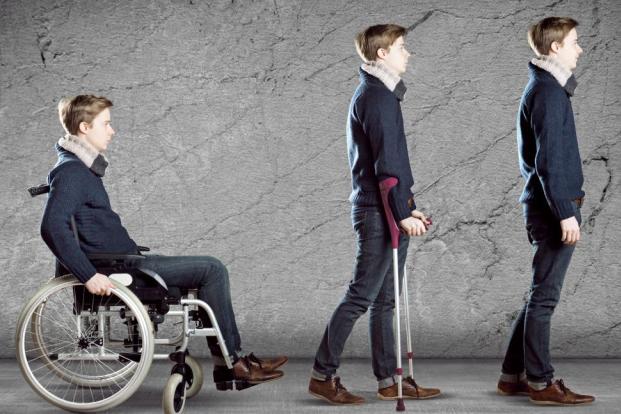Categories
- Bariatric Surgery (11)
- Black Fungus (5)
- Bone Marrow transplant (3)
- Brain Tumor Surgery Navigation Technology (20)
- Cardiac Surgery (66)
- Cardiology (97)
- Computer navigation technology for joint replacements (20)
- Covid Vaccination (17)
- Critical Care (2)
- Dental (19)
- Dermatology (31)
- Dialysis Support Group - “UTSAAH” (11)
- Dietitian (33)
- Emergency Medicine (4)
- Emotional Health (11)
- Endocrinology (33)
- ENT (20)
- Gastroenterology and GI Surgery (53)
- General and Laparoscopic Surgery (21)
- General Surgery (4)
- Gynecology & Obstetrics (183)
- Hematology (20)
- Internal Medicine (294)
- Kidney Transplant (50)
- Kidney Transplantation (20)
- Lung Cancer (8)
- Minimal Invasive Surgery (1)
- Mother & Child (20)
- mucormycosis (5)
- Nephrology (61)
- Neurology (147)
- Neurosurgery (68)
- Nutrition and Dietetics (107)
- Omicron Variant (1)
- Oncology (288)
- Ophthalmology (10)
- Orthopaedics & Joint Replacement (86)
- Paediatrics (59)
- Pediatric Nephrology (3)
- Physiotherapy (5)
- Plastic & Reconstructive Surgery (6)
- Psychiatry and Psychology (90)
- Psychologist (28)
- Pulmonology (72)
- Rheumatology (13)
- Spine Services (21)
- Transradial Angioplasty (16)
- Urology (84)
Query Form
Posted on Apr 19, 2022
Malaria: Causes and Symptoms
Causes:
Malaria can be defined as the most important parasitic disease affecting the humans. It is an old disease caused by protozoa of genus Plasmodium and is transmitted by the bite of female Anopheles mosquito. It is primarily a disease of the tropics but is transmitted in more than 100 countries( eliminated from United states,Canada,Europe, and Russia). This is a major reason of concern to us since no vaccine has been developed against this disease. Also it has been determined that the changing environment and evolution is responsible for developing antibiotic resistance malaria causing plasmodium strains. India is a land with numerous water bodies, infact sanitation is a major cause of concern in both the rural and the urban areas making malaria more difficult to handle.
Plasmodium consists of more than 200 species,but five species cause nearly all infections in humans. These are P.falciparum, P.vivax, P.malariae, P.ovale and P. knowlesi. During the bite of female anopheline mosquito, the plasmodium sporozoites from its salivary glands is transmitted, resulting in human infection. Rarely malaria may be transmitted by blood transfusion,needle sharing,organ transplant, or vertically from mother to fetus.

Clinical symptoms:
Uncomplicated Malaria is characterized with non specific symptoms like,headache,body
ache,followed by fever ,nausea and vomiting.Classical malarial fever consists
of intermitten paroxysm of fever spike, chills and rigor.Fever may rise upto 105 degree F associated with delirium. When the signs and symptoms go undetected or if the infection is due to a particular strain, the malaria can become complicated. This can be defined as a medical emergency.
Falciparum malaria remains main the cause
of severe malaria but other species may cause complicated infection.
Severe malaria may present as Cerebral malaria and may also be associated with drowsiness ,deep coma and seizures.
Post malaria Neurological Syndrome:
Malaria is also associated with neurological symptoms. The same is associated with Psychosis,hemiplegia,impaired cognition, GBS. Hypoglycemia may be present with sugar less than 40mg.
The patient may also be associated with severe anaemia, pulmonary edema and breathlessness.Renal failure may also be present along with with oliguria or anuria- blood in the urine.
Jaundice is also a major symptom due to hemolysis of the blood. In any such situation it is best that a specialist is consulted.
If you experience any of the same , it is recommended that you consult a specialist immediately.



